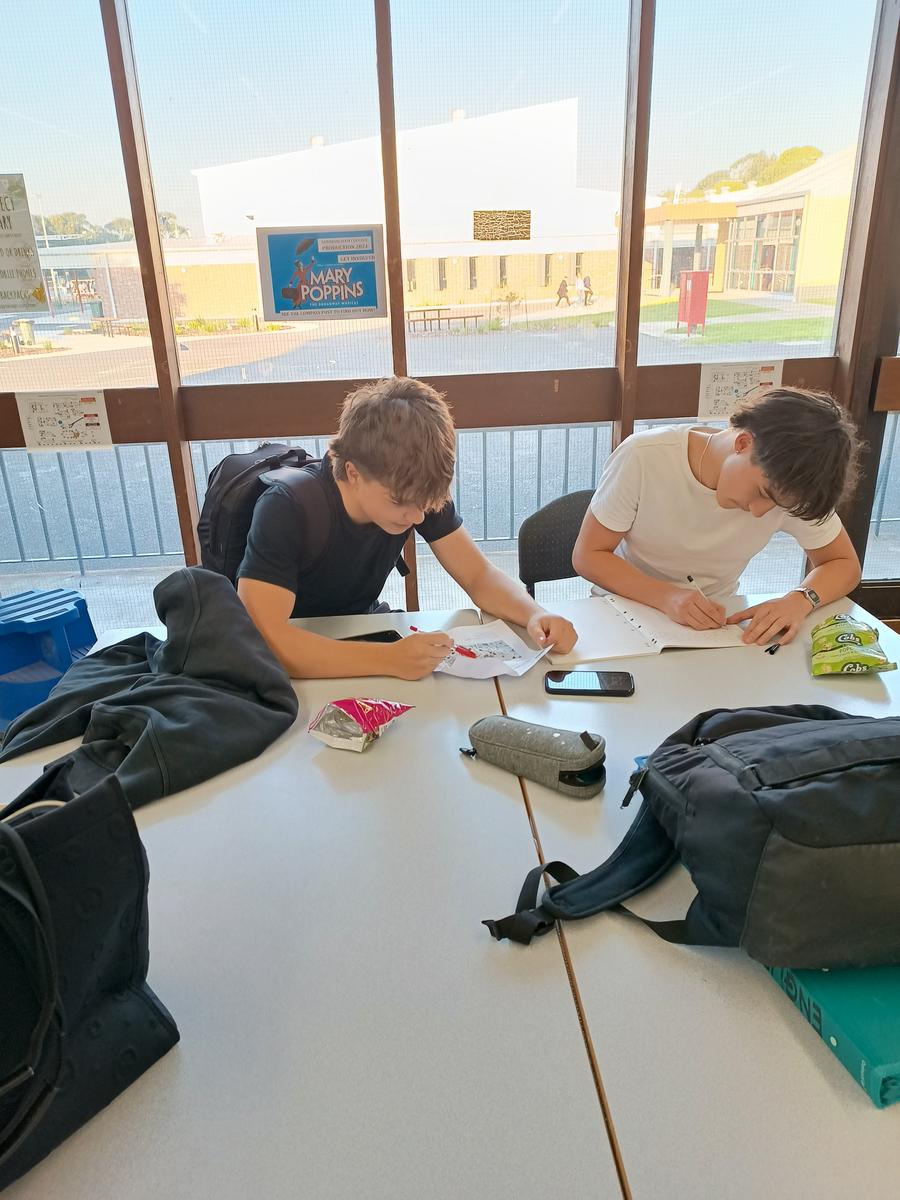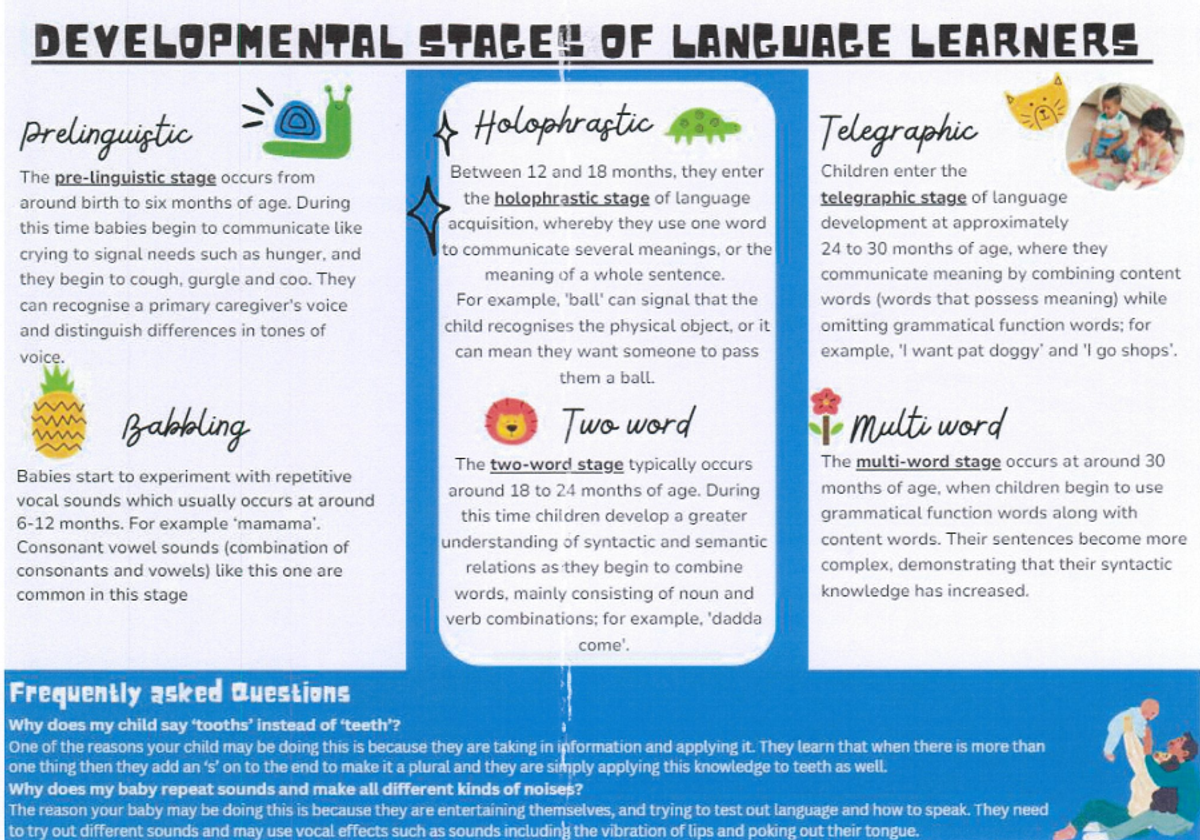English Domain
Katrina Renouf - English/EAL and Literacy Domain Leader

English Domain
Katrina Renouf - English/EAL and Literacy Domain Leader


English classes have been working on some exciting texts and issues this term.
Year 7 English students have been studying the persuasive language in advertisements and will be creating their own advertisement using persuasive language techniques.
Year 8 English are investigating the persuasive language in issues such as the Youth Curfew in Alice Springs.
Year 9 English have been studying Romeo and Juliet in which students practised insulting each other in Shakespearean language as an introduction to the text. Students are interpreting the language by translating it to a modern context. Below is a social media adaptation of the opening scene completed by a Year 9 student.


Year 10 English have been exploring how writers and speakers position audiences in current media texts, both written and audio visual.
Year 10 Foundation English have been developing their visual literacy skills by studying the film Coach Carter. They will be analysing the ways in which the director uses shot choices, sound and dialogue to build characters, ideas and engagement.
Year 10 Extension English have been exploring the linguistic question “How have social and electronic media affected the way we speak and write English?” They will be presenting their ideas in a twilight Socratic Seminar in the library later this term. Parents will be invited to attend and become involved in the discussion if they wish.
Senior English students have been reading mentor texts to inspire them to write their own creations for different purposes and audiences around the theme of "Identity" (Year 11) and “Play" (Year 12). Year 12 Students have recently focused on producing an argumentative speech or open letter on an issue arising from their favourite sport.
Year 12 Hour of Power has gone ahead with good attendance this term. Year 12 English students attend for an hour after school on Thursday and complete a targeted practice task.
This term, the spotlight on student work is from Year 11 and 12 English Language. Below is a brochure on Linguistic Developmental Stages from a Year 11 student and a ‘Contemporary Media Example’ (CME) analysis and summary of the task by the Year 12 English Language Students.
Year 11 English Language
InYear 11 English Language,students have been exploring how language is acquired by children and they have discovered the similarities and differences between first-language learning, bi- and multi-language learning. Classes have investigated Noam Chomsky's Universal Grammar theory and Michael Tomasello's Usage-based theory of language acquisition, as well as the developmental language acquisition stages of children. The subsystem development of language allowed students to explore phonological, morphological, lexical, syntactic and semantic development in children.
"Learning about children language acquisition has been my favourite topic in English language so far. I'm surprised how babies pick up language and the stages these occur. How children almost spend their first year just absorbing the sounds around them before they make any coherent words." (Aaliyah)
"English Language, as a subject, provides a student with knowledge that can be taken into real life situations and used throughout the rest of someone’s life. It teaches students aspects of English that they may have never thought about in such detail before such as the acquisition of language in babies and adults learning a second language. English Language teaches us that English can be more than just writing and that discussion and other ways of learning are just as important" (Ava)
"To me learning about child and language acquisition has really opened my mind to the different perspectives. Though activities such as making brochures about developmental stages and engaging in a variety of group activities. Learning English Language has become interesting and enjoyable. Becoming aware of how exactly we have developed our language and how we can extend our abilities to learn another." (Chloe)


Year 12 English Language
Year 12 English Language (ELA) students have been asked to find a range of CMEs this year in preparation for their exams. CME stands for "Contemporary Media Example", and our task was to browse over the internet looking for examples of the use of language and language change as reflected in Australian media. Many of these words and phrases have become a part of the vocabulary amongst young Australians and it is seen through the dominant use of it on social media platforms such as TikTok. Some observations were made that even large organisations, such as the Australian Open, have a platform on TikTok and use new language. After learning a lot about "tenor" and how a given text or speech tries to connect with its audience, the year 12 ELA students can recognise that such organisations, whose audience may be mainly adults, use new words to build a relatable relationship on a platform that is predominantly used by teenagers. Therefore, this acts as supporting evidence that organisations manipulate our language, which will always be changing, and how with the use of modern technology they can be adapted within different parts of society to reach out to a wider audience.

